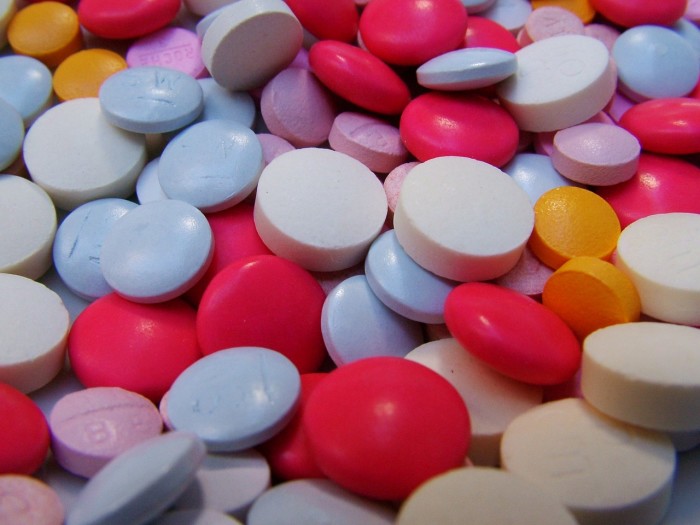MDMA, more commonly known as ecstasy, X, or molly, is a synthetic, psychoactive drug chemically similar to methamphetamine. It produces an energizing effect, along with distortions in time, perception and enhanced enjoyment from tactile experiences. Used to promote euphoria, it is most commonly used by adolescents and young adults. It also creates feelings of closeness, empathy, sexuality, and reduced inhibitions. Unfortunately, many ecstasy tablets contain not only MDMA, but also a variety of other dangerous drugs and drug combinations that can be harmful to the user. These can include methamphetamine, caffeine, ephedrine, cocaine, and more. Molly is addictive, and quitting without the help of an ecstasy rehabilitation professional is both challenging and dangerous because of the potential for relapse or self-harm. At The Ranch PA, the qualified, supportive therapists working in our ecstasy rehabilitation program will design a customized program that will meet your specific needs, whether physical, emotional, or spiritual. Our progressive program takes an individualistic approach to therapy while fostering an environment where the small client community forms strong bonds with one another. Learn more about ecstasy and addiction here, and find out how you can start your lifelong recovery from ecstasy at The Ranch PA. The Short and Long-Term Effects of Ecstasy Ecstasy is taken orally in capsule or tablet form. Some users know it as XTC, E, beans, adams, hug drug, disco biscuits, or go. Ecstasy can cause muscle tension, involuntary teeth clenching, nausea, blurred vision, faintness, and chills or sweating. It can also cause confusion, sleep problems, depression, and severe anxiety while taking ecstasy and in the days or weeks immediately thereafter. Dehydration from use sometimes causes death; it can also lead to increased heart rate and blood pressure. On a long-term basis, research links MDMA exposure to long-term damage to neurons that are immediately related to mood, thinking and judgment. Ecstasy Rehab at The Ranch PA MDMA users have reported withdrawal symptoms including fatigue, loss of appetite, depression and trouble concentrating. Although unassisted withdrawal is possible, individuals struggling with addiction stand a better chance of sustaining a lifelong sobriety when they get help from an experienced MDMA or ecstasy rehab. Our ecstasy rehab center provides the expert, qualified medical and clinical support you need in addition to a comprehensive Aftercare Program that helps us remain a major contributor to your lifelong recovery. For more information on inpatient ecstasy rehab centers and inpatient residential treatment, call us now at 1-877-548-4794. Photo via

